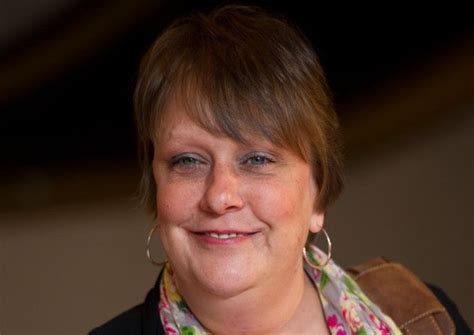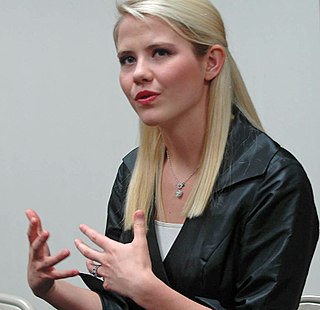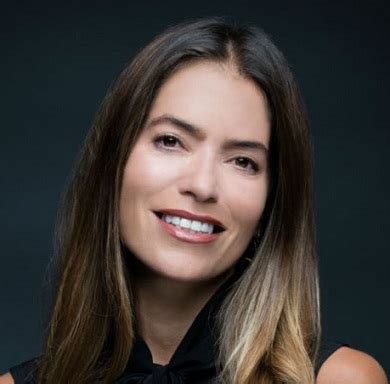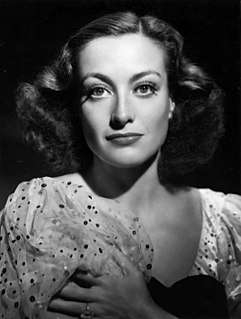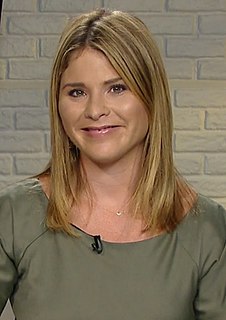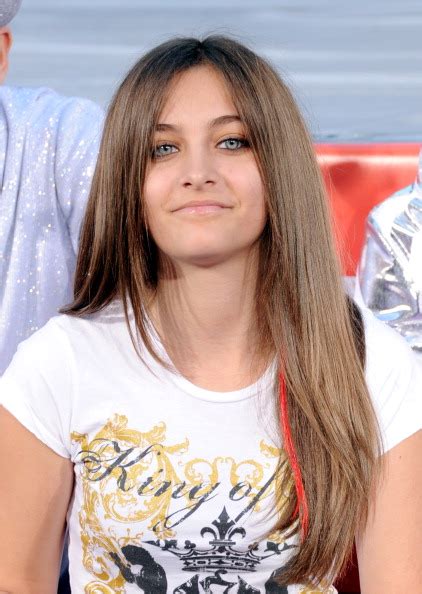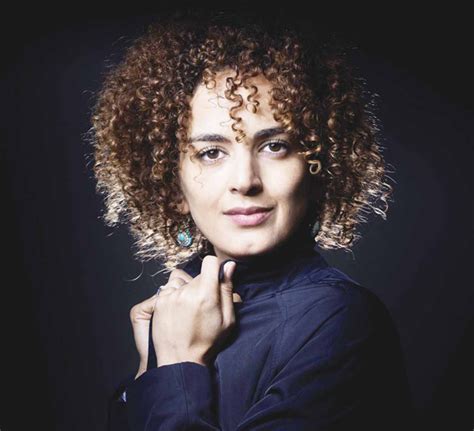A Quote by Kathy Burke
The stereotype is that if a woman doesn't have children she doesn't like children. I really love kids.
Related Quotes
I really, really love children and I think probably among children is when I feel mostly berated. It's not like I feel like oh, there's some children here. I have to tone it down. I go nuts with children especially when I ain't got none. So when I'm round my mates' children, I jest them kids up first. I swear at them, I get more worked up, I say crazy stuff to them, fill their heads with nonsense and then I leave them.
Once upon a time there was a woman who was just like all women. And she married a man who was just like all men. And they had some children who were just like all children. And it rained all day. The woman had to skewer the hole in the kitchen sink, when it was blocked up. The man went to the pub every Friday, Saturday, and Sunday. The other nights he mended his broken bicycle, did the pool coupons, and longed for money and power. The woman read love stories and longed for things to be different. The children fought and yelled and played and had scabs on their knees. In the end they all died.
Love can produce the children, but it has nothing to do with the raising of the children. I grew up thinking, 'Oh, that's it. All I have to do is fall in love.' You may think love will change everything, but it really is different with children. Children don't necessarily bring you together; they challenge you.
Michael and I will always be connected with the kids. I will always be there for him. I will always be there for the children. And people make remarks: 'I can't believe she left her children.' Left them? I left my children? I did not leave my children. My children are with their father, where they are supposed to be.
I know that the only completely happy life for man and for woman is their life, first together, and then with their children. I am a firm believer that no marriage can be really happy, and no home a happy one for the children as well, unless man puts woman first and woman puts man first, each for the other the giver of every good gift. Children are the fruit of this total love.
That's who my mom is. She's a listener and a doer. She's a woman driven by compassion, by faith, by a fierce sense of justice and a heart full of love. So, this November, I'm voting for a woman who is my role model, as a mother, and as an advocate. A woman who has spent her entire life fighting for families and children.
Amory Lovins says the primary design criteria he uses is the question How do we love all the children? Not just our children, not just the ones who look like us or who have resources, not just the human children but the young of birds and salmon and redwood trees. When we love all the children, when that love is truly sacred to us in the sense of being most important, then we have to take action in the world to enact that love. We are called to make the earth a place where all the children can thrive.
